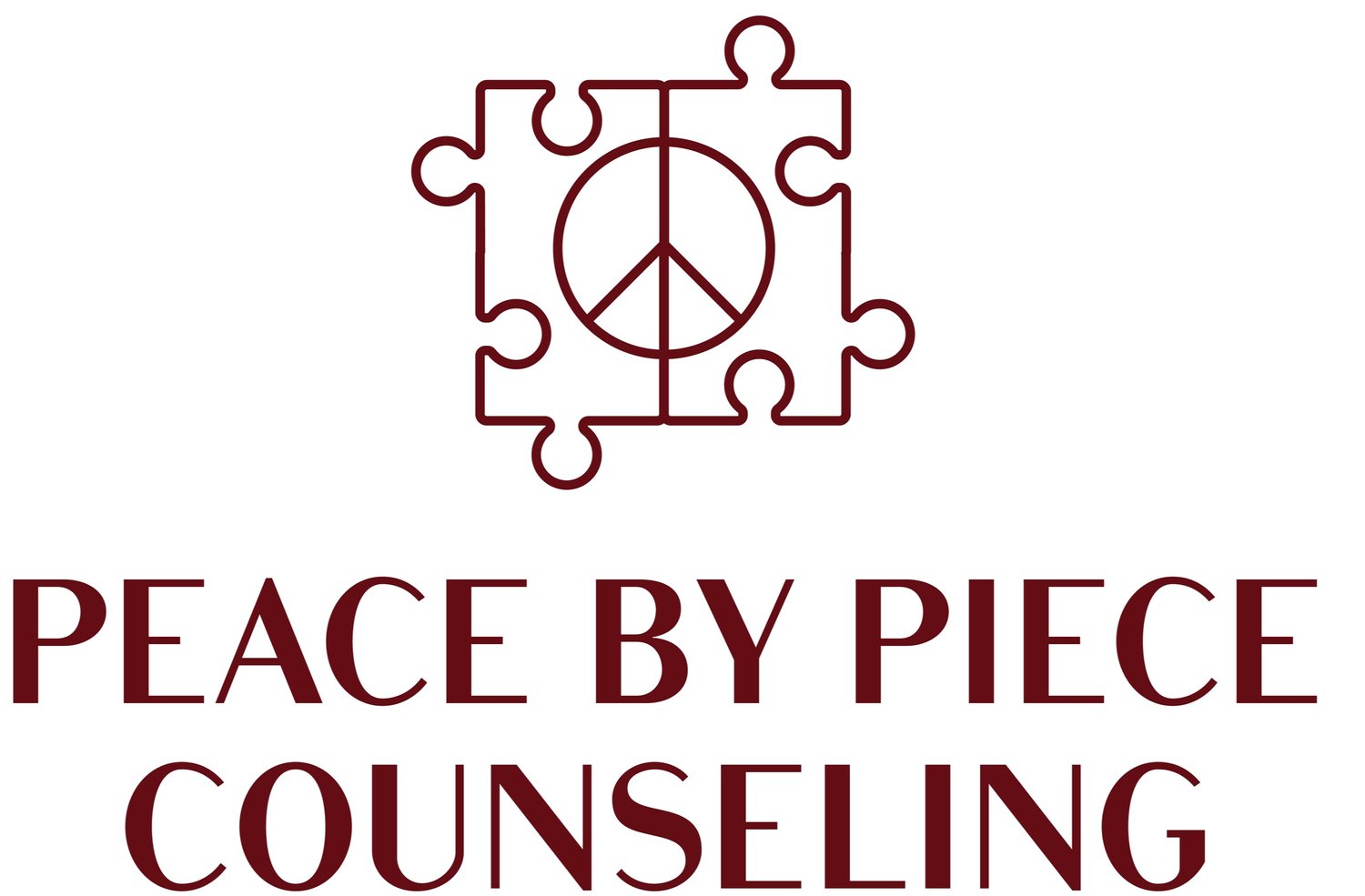The Strength of Seeking Therapy: A Path to Personal Growth
In a world that often glorifies self-reliance and stoicism, it's essential to recognize that seeking therapy is not a sign of weakness but a powerful testament to one's strength and commitment to personal growth. The decision to engage in therapy represents a profound act of self-care and resilience, and here's why.
1. Acknowledging Vulnerability: Choosing therapy means acknowledging that you have areas in your life that could benefit from improvement. It's an acknowledgment of your vulnerability and a willingness to face your challenges head-on. This level of self-awareness takes courage.
2. Willingness to Change: Therapy is a proactive step towards personal growth. It signifies a genuine desire to evolve, learn, and grow as an individual. It's a commitment to making positive changes in your life and taking control of your well-being.
3. Emotional Intelligence: Therapy encourages the development of emotional intelligence. It teaches you how to identify, understand, and manage your emotions effectively. This newfound emotional awareness can significantly improve your relationships and overall quality of life.
4. Building Resilience: Engaging in therapy helps you build emotional resilience. It equips you with coping strategies and tools to navigate life's challenges with greater ease. Instead of avoiding or denying difficulties, you learn to confront and overcome them.
5. Breaking Stigmas: By seeking therapy, you contribute to breaking down the stigma surrounding mental health. You challenge the notion that seeking help is a sign of weakness, paving the way for a more compassionate and understanding society.
6. Prioritizing Self-Care: Therapy is an act of self-care. It's a decision to prioritize your mental and emotional well-being, just as you would prioritize your physical health through regular exercise or a balanced diet. It sends a powerful message that you value yourself.
7. Building Better Relationships: As you work on yourself in therapy, you enhance your ability to connect with others. Improved communication skills, empathy, and self-awareness all contribute to healthier, more fulfilling relationships.
8. Empowerment: Therapy empowers you to take control of your life. It provides you with the tools and insights needed to make informed decisions and set and achieve meaningful goals.
9. Resisting Societal Pressures: In a world that often pressures individuals to conform to unrealistic standards of perfection, seeking therapy is an act of resistance. It's a declaration that you refuse to be defined by societal expectations and are committed to living an authentic life.
10. Inspiring Others: Your decision to seek therapy may inspire others to do the same. By openly discussing your experiences and the positive impact therapy has had on your life, you become a beacon of hope for those who may be hesitant to take the first step.
In conclusion, seeking therapy is an expression of your inner strength and a powerful tool for personal growth. It's a brave decision that can lead to improved mental and emotional well-being, healthier relationships, and a more fulfilling life. Embrace the strength it takes to seek help, and remember that it's a sign of growth, not weakness.

